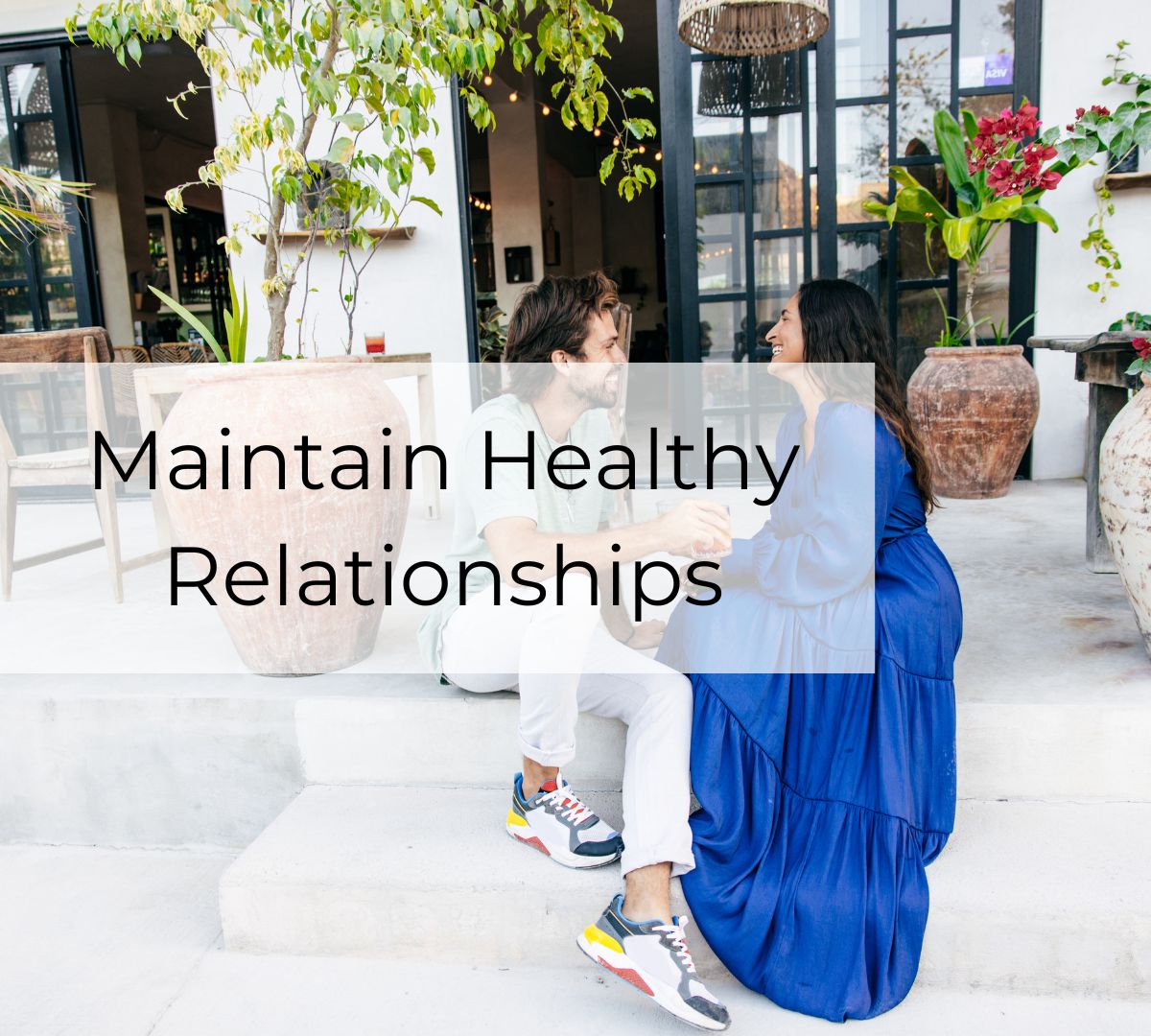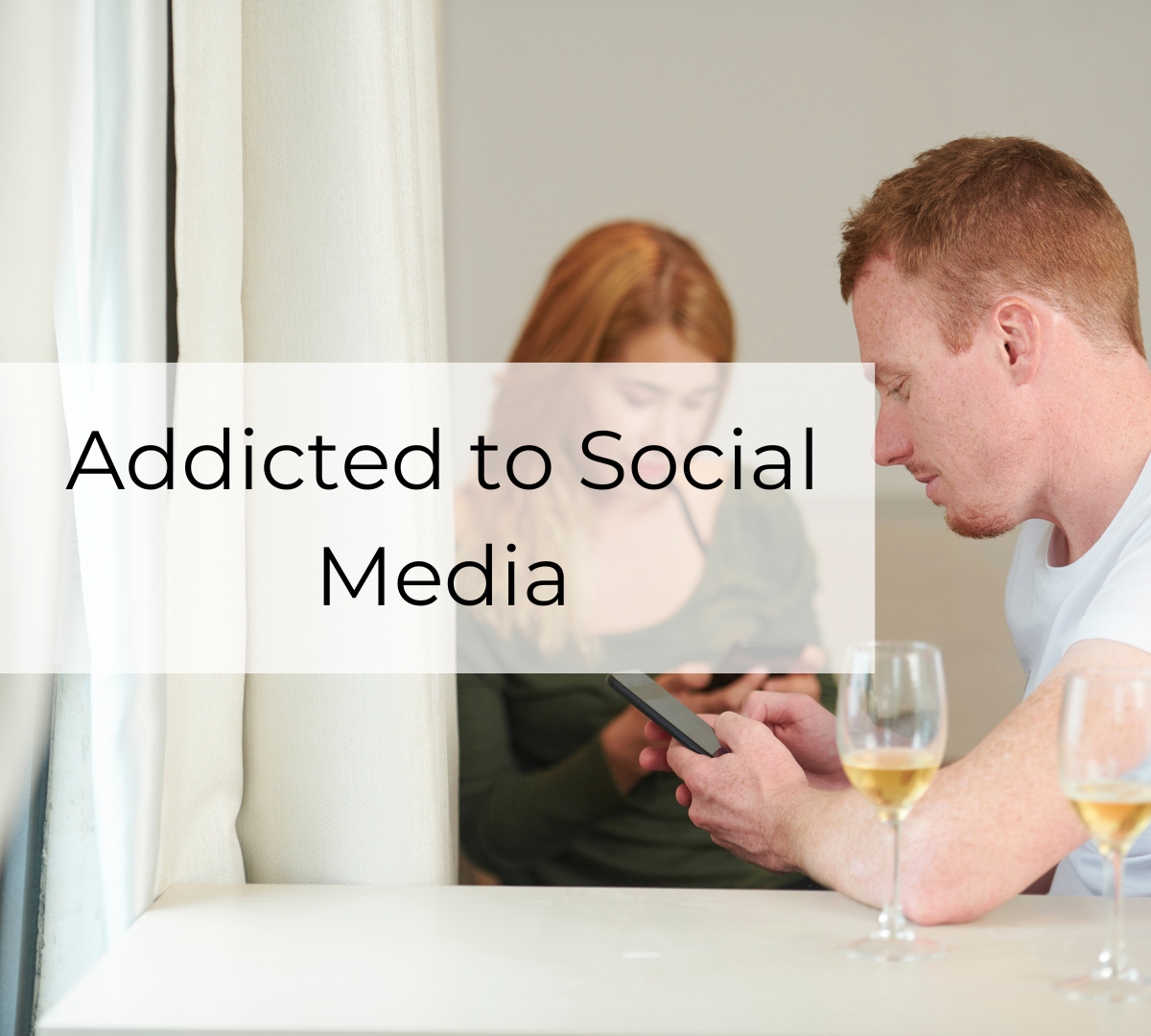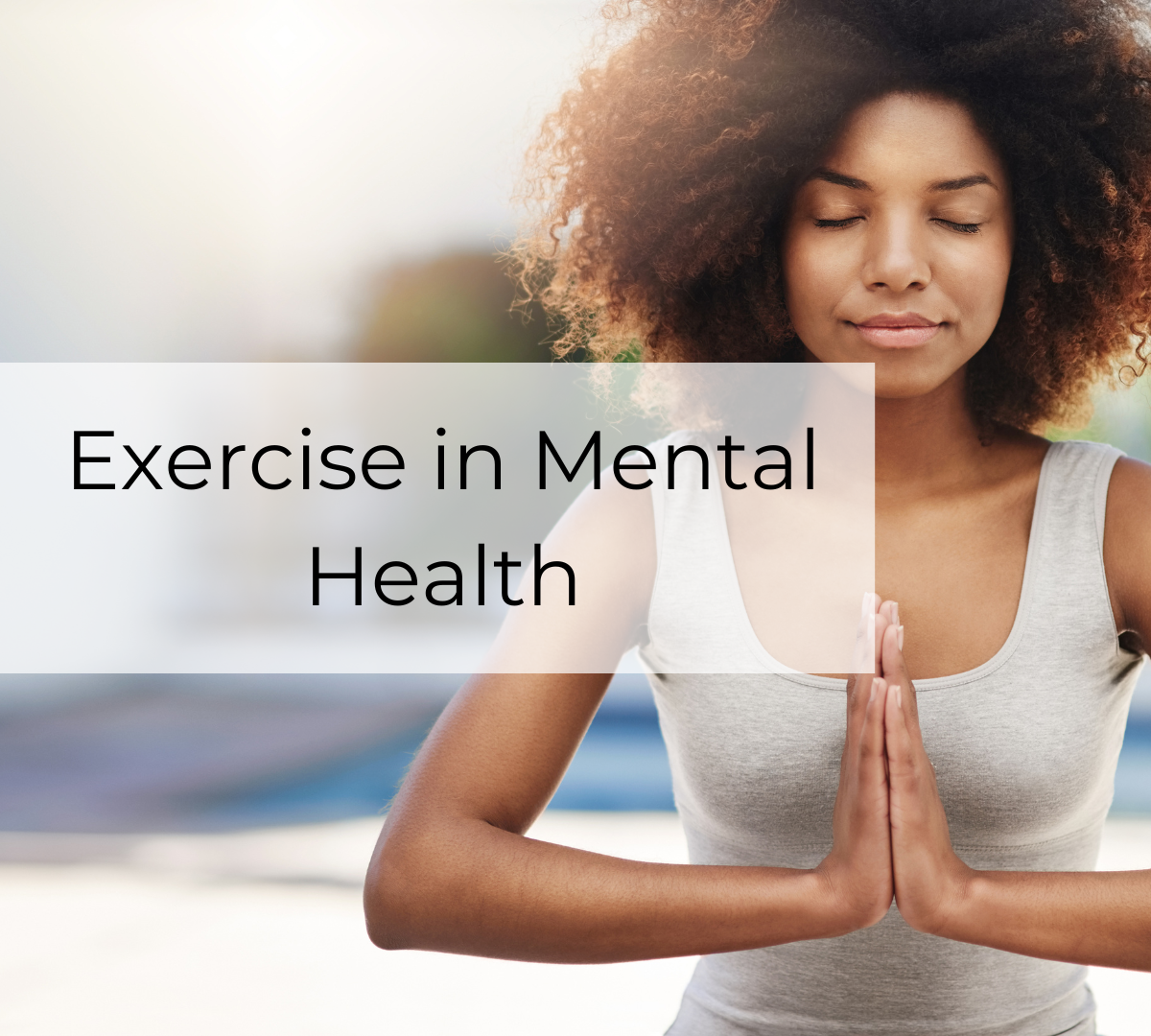Building and maintaining healthy relationships is crucial not only for emotional satisfaction but also for mental and physical well-being. Strong relationships foster connection, empathy, and trust, leading to a happier and healthier life.
Health Benefits of Strong Relationships
Having meaningful relationships directly influences your mental and physical health. Established social networks have been shown to:
- Reduce anxiety and depression
- Boost self-esteem and confidence
- Foster empathy and cooperation
- Strengthen the immune system
- Aid recovery from illness
- Contribute to a longer life
Beyond personal benefits, the positive effects of strong relationships create a ripple effect, encouraging others to be around you, which further promotes emotional and physical well-being. This creates a continuous cycle of positive social interaction that boosts mental health.
The Negative Impact of Loneliness
On the flip side, loneliness can be detrimental to your health. It can disrupt sleep, raise blood pressure, and increase cortisol, the body’s primary stress hormone. Over time, loneliness weakens the immune system, reduces happiness, and can lead to depression, anxiety, and even antisocial behavior.
Loneliness is particularly harmful to older adults who may find it harder to socialize due to mobility issues. However, staying connected can lead to a better quality of life, improved mental clarity, and reduced risk of dementia. For younger people, social isolation can increase risks of obesity, high blood pressure, and inflammation—potentially leading to serious long-term health problems like heart disease and stroke.
Key takeaway
Social connections are vital to overall well-being, even if you lead an otherwise healthy life. Simply put, no matter how fit you are, social interaction is critical for happiness and long-term health.
How to Improve Your Social Connections
Although it requires work to establish and sustain relationships, the advantages greatly exceed the difficulties. Here’s how you can nurture meaningful connections:
Nurture Existing Relationships: Strengthen bonds with family and friends who make you feel good. Reach out, spend time together, and make an effort to communicate regularly.
Understand Different Types of Connections
- Intimate connections: Close relationships with family and close friends who love and care for you.
- Relational connections: Regular interactions with co-workers, neighbors, or people you meet at your favorite coffee shop.
- Collective connections: Shared experiences with larger groups, like religious communities or hobby groups.
Ask yourself if you have meaningful relationships in each of these categories. If not, consider ways to build new ones or strengthen existing connections.
How to Meet New People
Meeting new people can be daunting, but it’s essential for social growth. Start by initiating small conversations with those around you, whether it’s the person next to you at the gym, a colleague, or your neighbor. There are other approaches to make new friends.
- Join a group: Find a local sports team, walking club, or hobby group. Additionally, volunteering is a great method to connect with like-minded people.
- Get involved in your community: Visit your local community center, library, or check out events hosted by your town or city council.
- Use social media: Platforms like Facebook allow you to connect with old friends, family members, or people with shared interests.
- Pro Tip: Safety is important when meeting new people. Public places are great for initial meetings, and don’t hesitate to try different approaches until you find something that works for you.
How to Strengthen Existing Relationships
You don’t always need to meet new people to feel connected. Strengthening relationships with those already in your life is just as important. Here are a few ways to do this:
- Reach out: Make an effort to call, text, or email friends and family more often. Plan activities like coffee meetups, walks, or game nights to keep the connection alive.
- Share common interests: Whether it’s a shared love for music, sports, or food, finding mutual interests can create lasting bonds.
- Be a good listener: Relationships aren’t just about talking; they’re also about listening. Be present and show genuine interest in what others have to say.
Relationships Help Society Too
The impact of healthy relationships extends beyond individual well-being. Communities with strong social ties tend to be happier, more cooperative, and more productive. Investing time in your relationships not only helps you, but it also contributes to building a stronger, more connected society
Final Thoughts
Building and maintaining strong relationships doesn’t happen overnight, but the rewards are worth the effort. From boosting mental health to improving physical well-being, relationships enrich life. Whether you’re nurturing existing bonds or creating new ones, remember that connection is at the heart of a happy, healthy life.



